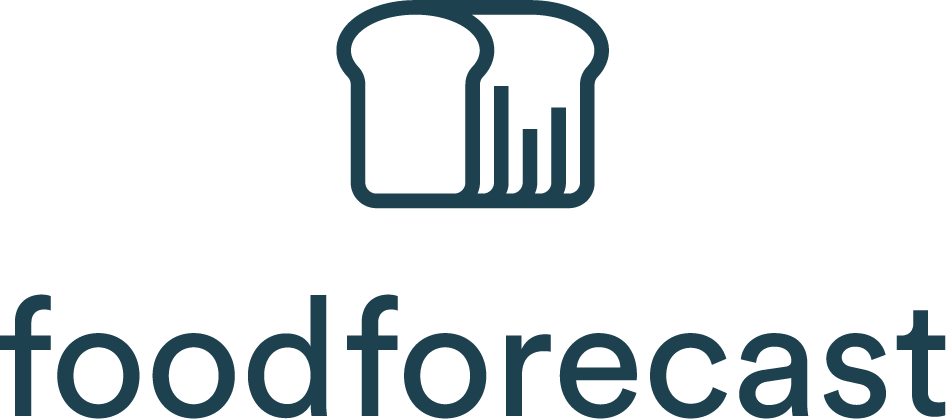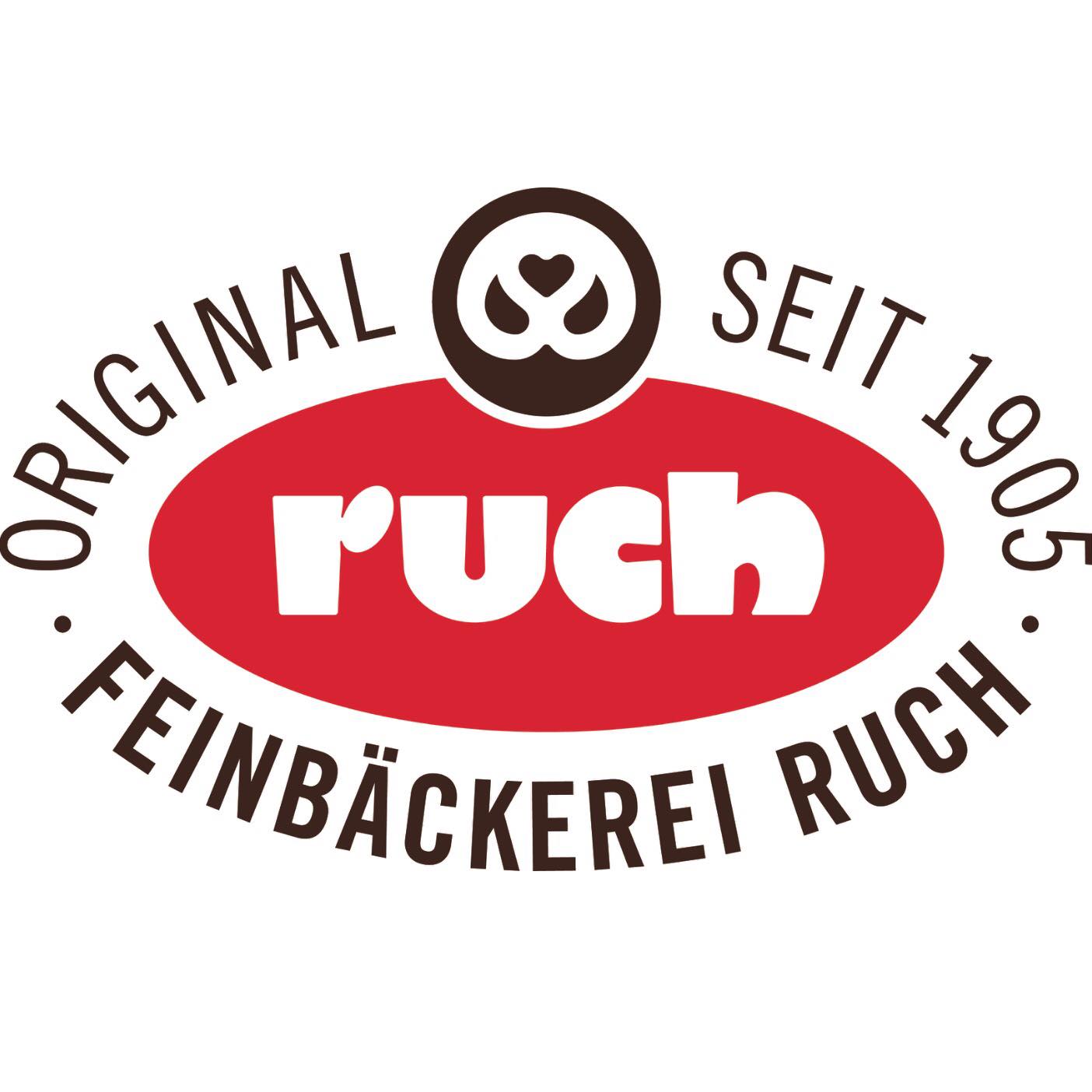Food waste definition
Food waste is defined as the discarding of food that has been produced for consumption but is still lost unused as waste.
Food waste occurs at various stages of the food supply chain: during cultivation, processing, in retail and in private households. A distinction is made between avoidable, optionally avoidable and unavoidable food waste:
- Avoidable food waste is food that is disposed of without any quality defects, even though it is still edible. This also includes food that would be edible if prepared in good time and stored correctly.
- Optional avoidable food waste includes food that would be edible but is not consumed for various reasons. Examples include leftover plates in restaurants, apple peelings and bread crusts.
- Unavoidable food waste is non-edible parts of food that accumulate as unavoidable leftovers during production, preparation and storage, such as bones or pineapple peel. Damage caused by pest infestation in the field also falls into this category.
Food waste statistics Germany
Food waste in Germany is a serious problem. In 2020, food waste in Germany amounted to around 11 million tons, including inedible components such as peelings and bones. This food waste occurs along the entire food supply chain:
- Food waste in primary production: 2% (0.2 million tons of food waste)
- Food waste in processing: 15% (1.6 million tons of food waste)
- Food waste in retail: 7% (0.8 million tons of food waste)
- Food waste in out-of-home catering: 17% (1.9 million tons of food waste)
- Food waste in private households: 59% (6.5 million tons of food waste)
Every consumer throws away around 78 kilograms of food every year. The above statistics show that food waste in Germany occurs in all sectors of the food chain. A significant proportion of food waste is avoidable.
Reasons for food waste
There are many reasons for food waste:
- Overproduction and miscalculation in agriculture and industry
- Cosmetic requirements and quality standards in retail
- Lack of planning and improper storage by consumers
- Lack of education and awareness of the problem, etc.
Consequences of food waste
The consequences of food waste affect both the environment and society:
- Environmental impact due to wasted resources (water, energy, land)
- Increased greenhouse gas emissions due to decomposition of organic waste
- Ethical and social challenges in the face of hunger and poverty in many parts of the world
Reduce food waste
In order to effectively reduce food waste, joint efforts are required, including
- Political measures and regulations
- Education and awareness campaigns
- Innovations in food production and processing
- Cooperation between farmers, retailers and consumers
By implementing these measures, a significant contribution can be made to reducing food waste, which is beneficial both ecologically, economically and socially. Reducing food waste requires the active participation of all stakeholders and conscious changes in behavior. The National Strategy to Reduce Food Waste, which is being further developed, supports sustainable measures in various areas, including retail and out-of-home catering. Initiatives such as "Too good for the garbage can!" and organizations such as the "Tafel" are working to raise awareness of this problem and reduce food waste.
Avoiding food waste with AI
The use of artificial intelligence (AI) offers promising approaches to reducing food waste along the entire food supply chain.
1. optimization of inventory management: Artificial intelligence can help retailers and food service businesses to better manage their inventory by analyzing sales data and making predictions. This reduces overstocking and minimizes the risk of food spoiling and having to be thrown away.
2 Automated orders: AI-driven systems can be used to implement automated ordering processes based on real-time data. These systems ensure that the right amount of food is always available to meet demand without causing overproduction.
3. analysis of consumption patterns: AI can analyze consumption patterns and predict when and which foods are most frequently purchased and consumed. This helps producers and retailers to better align their production and stock levels with demand.
4. quality control and sorting: Artificial intelligence can be used in agriculture and food production to check and sort the quality of products. By using image processing and machine learning, damaged or substandard food can be detected at an early stage and sorted out before it enters the supply chain.
5. minimizing waste in agriculture: AI-powered systems can help farmers maximize their crop yields and minimize waste by analyzing weather data, soil health information and other relevant factors. This leads to more precise and efficient field management.
6. improving storage conditions: AI can be used to monitor and control storage conditions to ensure food is stored in optimal conditions. Sensors and AI algorithms can monitor and adjust temperature, humidity and other factors in real time to extend the shelf life of food.
7. consumer advice: AI-supported apps and platforms can be developed for end consumers that provide personalized recommendations on the optimal use of food. These tools can suggest recipes based on the food available and provide tips on correct storage and preparation to avoid waste.
8. collaboration and networking: Artificial intelligence can also help to improve communication and collaboration along the food supply chain. Platforms based on AI can connect producers, retailers and consumers and help to distribute or donate surplus food instead of throwing it away.
Through the use of AI solutions such as those from foodforecast significant progress can be made in reducing food waste, which brings both economic and environmental benefits.
How else can I avoid food waste?
Everyone can take measures to avoid food waste, such as
- Targeted purchasing planning
- Correct storage of food
- Utilization of leftovers
Of course, it is also important to act at company level. In agriculture and gastronomy, food waste can be avoided by preventing overproduction.
Food Waste
Food waste, the English equivalent of food waste, also describes the loss of food that is intended for human consumption but is never consumed. "Food waste" is also common in German and is often used synonymously with food waste. The term emphasizes the international dimension of the problem and the need for global solutions.
Food waste and food waste worldwide
Around a third of all food produced worldwide is lost or wasted every year. This corresponds to around 1.3 billion tons. The problem is global, but affects industrialized nations in particular, where waste mainly occurs at the consumer level, while in developing countries losses mainly occur during harvesting and storage.
Request a callback
We will be happy to call you back promptly to talk to you personally









